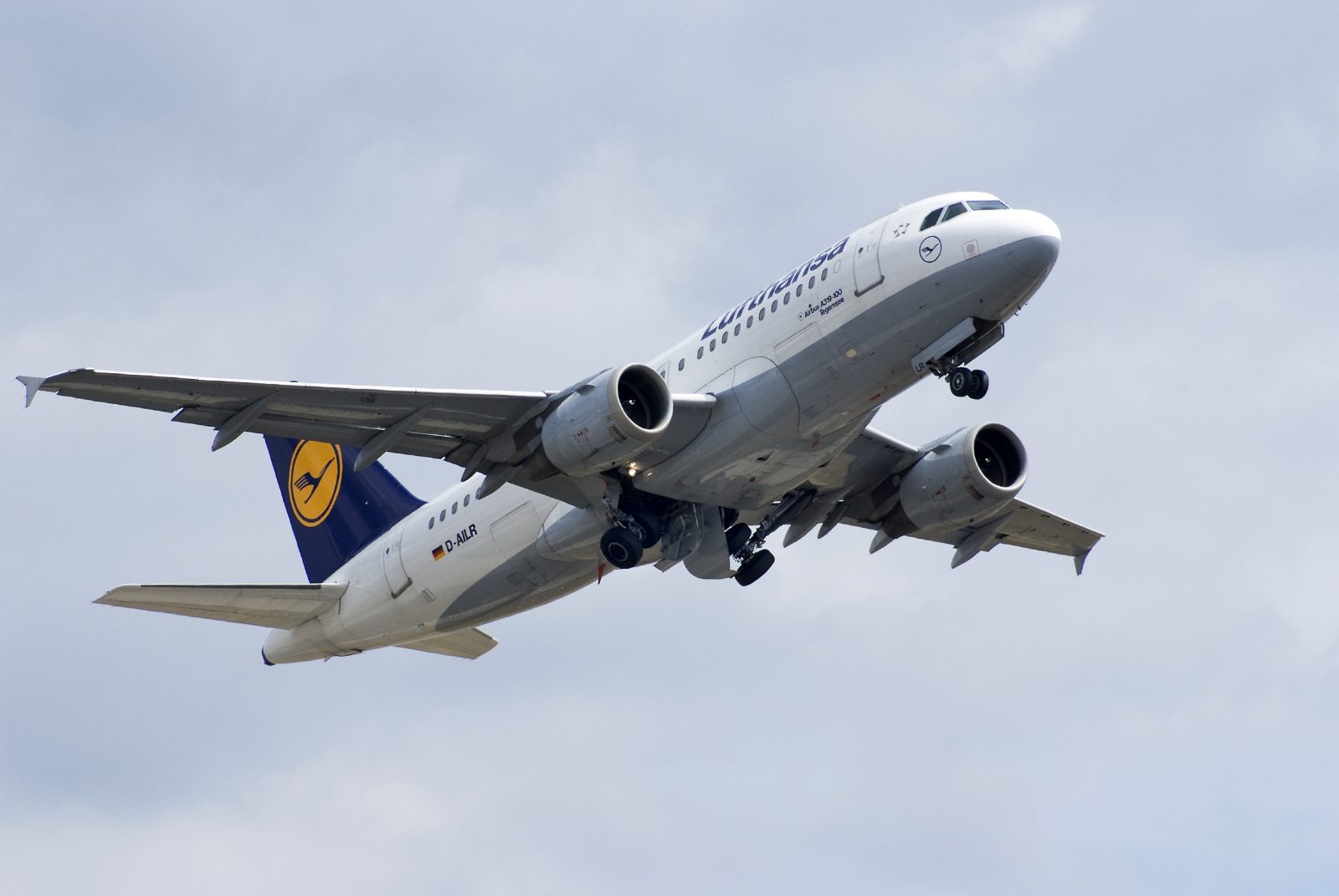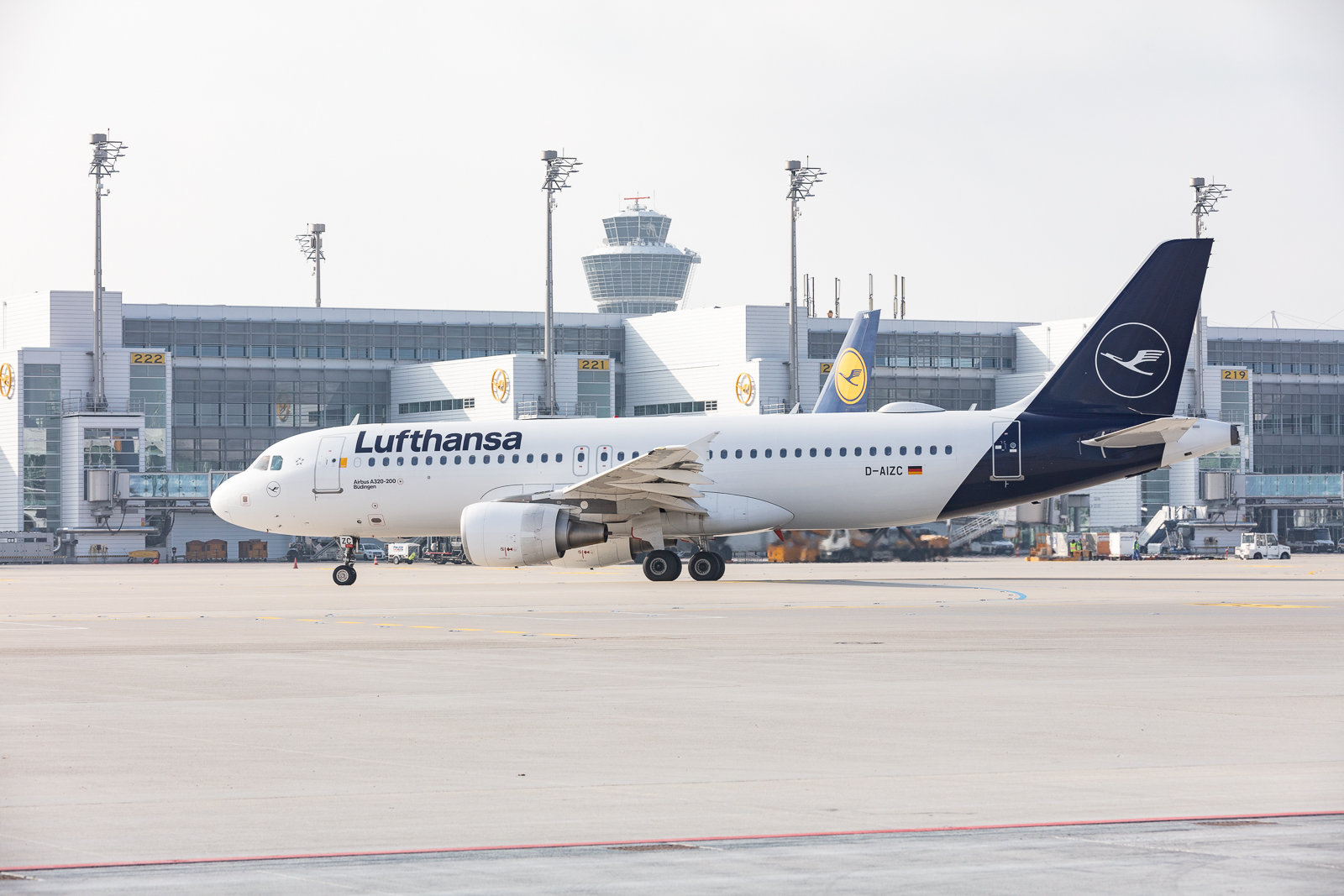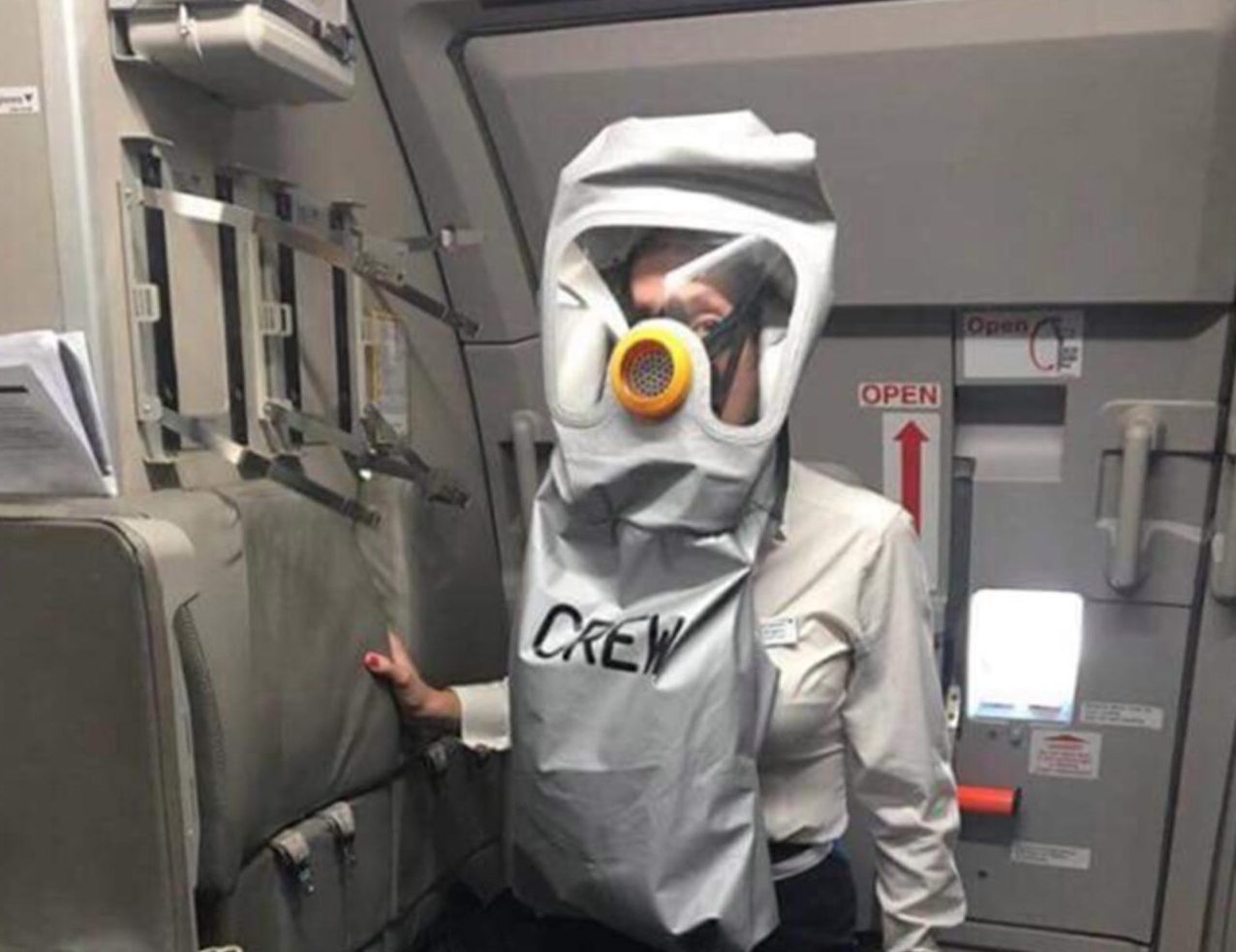
A flight attendant at Germany’s Lufthansa is believed to have been signed-off as permanently unfit to fly because of a 2016 “toxic fume” event. The incident was first reported by the Aviation Herald but was recently updated with new details about the long term and serious health effects that one of the flight attendants suffered.
Despite what appears to be a particularly worrying and serious incident, Germany’s accident investigation agency, the BFU claims the incident does not warrant an investigation.
The incident dates back to 5th August 2016 when a Lufthansa A319 was readying for departure from Paris Charles De Gaule (CDG) for a short flight to Frankfurt (FRA). According to the AVHerald, a “strong odour developed in the forward part of the cabin” after the engines were started up.

Flight attendants reported the odour to the flight crew but the aircraft continued for takeoff. Around 10-minutes after takeoff, a flight attendant at the back of the aircraft started to feel unwell and reported suffering respiratory problems. The flight attendants at the front also began to feel unwell and reported their symptoms to the flight crew.
Again, the plane continued its flight to Frankfurt. The fumes reportedly got stronger and all the flight attendants began to feel “seriously ill”. The aircraft eventually landed safely into Frankfurt 40 minutes after departure from Paris. All the flight attendants were taken to hospital and remained on sick leave for months after the incident.
It has now emerged that at least one of those flight attendants has been told they are permanently unfit to operate as crew again. A letter obtained by the AVHerald, apparently from Lufthansa’s own medical services department and dated 11th April 2017, confirms that the flight attendant is permanently unfit to fly because of a string of health conditions including respiratory insufficiency and illness of respiratory organs caused by chemical substances/gasses/smoke.
The flight attendant was also diagnosed with small fiber neuropathy, minor cognitive disturbance, irritable bowel syndrome, toxic effect of organic solvents and PTSD.

The letter does not specifically reference the 2016 incident and does not state how these conditions were caused.
Toxic cabin air has become a hot topic in the aviation industry, although airlines claim that such events do not cause any long-term or serious health effects. While airlines prefer to call these incidents “smell events”, cabin crew and flight attendant representatives claim fume events can cause serious harm, including a condition known as aerotoxic syndrome.
According to the Canadian public service union, longterm health effects of a “toxic fume event” include damage to the respiratory and central nervous systems, impaired memory and cognitive function, weakened immunity, cardiovascular disorders and even cancer.
The majority of fume events are believed to be caused by contaminated bleed air, where engine oil or hydraulic fluid mixes with the air that is being pumped into the cabin from the aircraft’s engines. The only aircraft type that does not have cabin air supplied from the engines is the Boeing 787 Dreamliner.
Other toxic fume events have been caused by onboard electricial issues or broken air conditioning systems.
While these events can affect anyone onboard, flight attendants are most susceptible because they are active in the cabin and therefore consuming more oxygen than passengers. Many unions and safety advocates now tell flight attendants to immediately put on smoke hoods if they suspect a fume event and to seek immediate medical assistance, including the taking of blood tests, once they are safely on the ground.
Earlier this year, the UK’s Unite Union started legal action in 51 cases of suspected toxic cabin air. The union said it would call for a government inquiry and called on airlines and aircraft manufacturers to take immediate action.
Lufthansa told us that they were unable to comment on this case because of several legal issues including medical confidentiality.
Mateusz Maszczynski honed his skills as an international flight attendant at the most prominent airline in the Middle East and has been flying ever since... most recently for a well known European airline. Matt is passionate about the aviation industry and has become an expert in passenger experience and human-centric stories. Always keeping an ear close to the ground, Matt's industry insights, analysis and news coverage is frequently relied upon by some of the biggest names in journalism.







